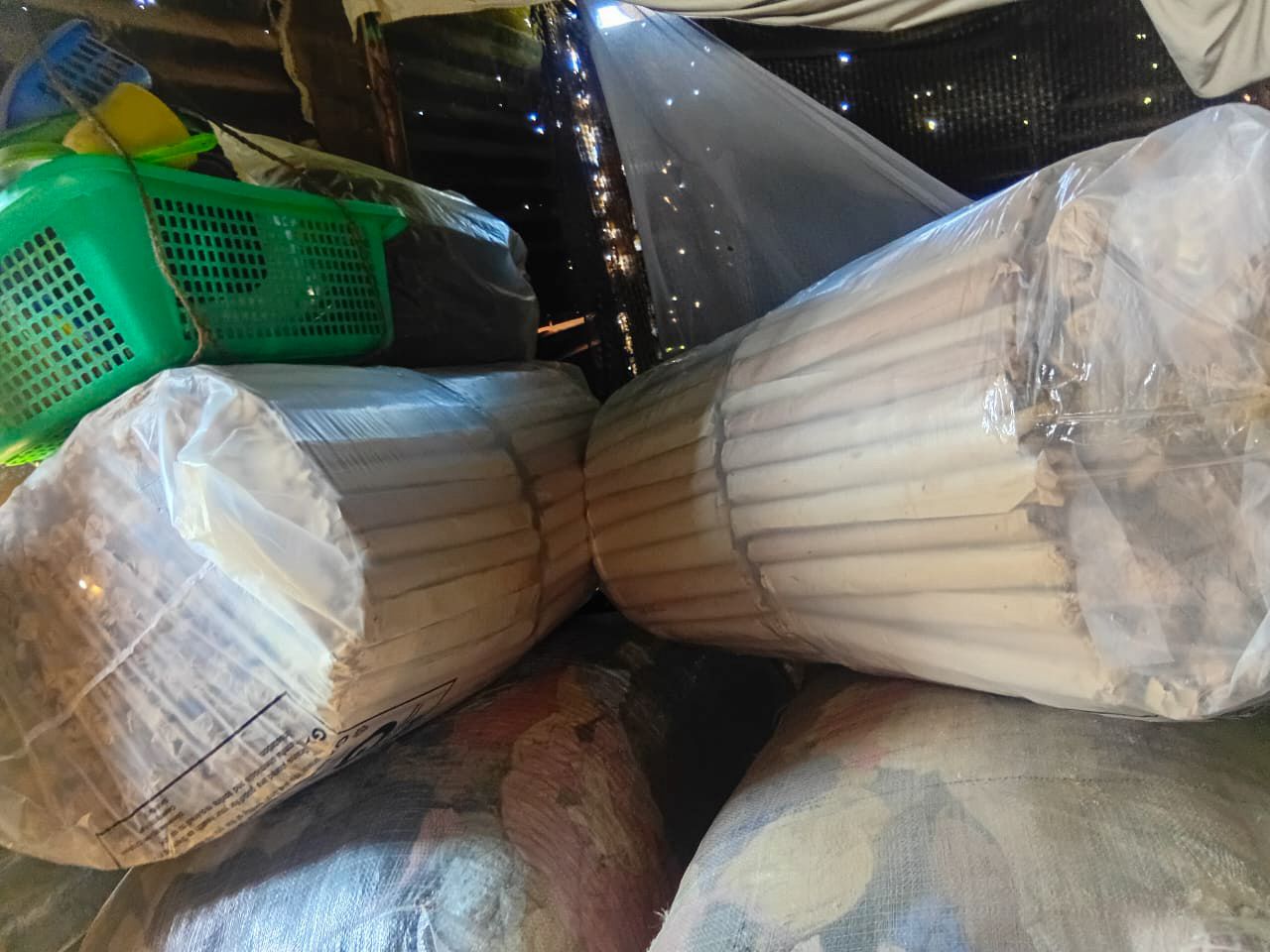International Sex Workers’ Day: 5 major challenges facing Kenya’s oldest profession

As the world marks International Sex Workers’ Day on Monday, June 2, 2025, attention turned to the country’s sex work industry – the oldest yet most marginalised profession in Kenya.
Despite efforts by advocacy groups and human rights defenders, sex workers in Kenya continue to navigate a complex web of legal ambiguity, social stigma, and institutional neglect.
Sex work in Kenya exists in a legal grey zone: while the act of selling sex is not explicitly illegal, many related activities, including solicitation and brothel-keeping, are criminalised.
This inconsistency fuels police harassment and exploitation, with little legal recourse for victims.
Having analysed past interviews and reports, we identified the five most pressing challenges facing Kenya’s sex workers:
1. Legal uncertainty, police harassment
While sex work isn’t outright banned, sex workers often operate under the shadow of vague laws.
Police and kanjos frequently arrest workers for loitering with intent or causing a public nuisance, resulting in bribes, extortion, or even physical abuse.
“We are treated as criminals even when we’re just trying to survive. The law doesn’t protect us — it hunts us,” Sandra [not her real name], a Nairobi-based sex worker, told the media in a past interview.
Despite Kenya’s 2010 Constitution affirming dignity and equality for all, sex workers remain largely excluded from its protections.
2. Violence, lack of legal protection
Gender-based violence is rampant in the industry.
Many sex workers report being assaulted by clients, law enforcement officers, and even members of the public.
Few cases are reported, and even fewer are prosecuted.
According to a recent report by the Kenya Sex Workers Alliance (KESWA), over 70% of sex workers experienced physical or sexual violence, with most saying they would not bother reporting to the police.
“As sex workers, we are calling on fellow women to march, because we too face femicide in our line of work,” KESWA said, urging members to join a 2024 demonstration amid a rise in gender-based killings.

3. Health access, discrimination
Although Kenya has made significant strides in HIV/AIDS management, sex workers still face discrimination in public health facilities.
Fear of being judged or denied treatment often leads many to avoid hospitals altogether.
Non-governmental clinics, such as those run by LVCT Health and Bar Hostess Empowerment & Support Programme (BHESP), have helped bridge this gap, offering discreet HIV testing, treatment, and counselling. But coverage remains limited outside urban centres.
4. Social stigma, family rejection
Beyond the legal and physical threats, sex workers carry the emotional weight of public scorn.
Many hide their profession from family and friends, living double lives to avoid rejection.
In conservative communities, sex work is often conflated with moral decay, with little understanding of the economic and social factors that drive individuals into the profession.

Lack of exit options
Sex work in Kenya is often a last resort – the outcome of poverty, joblessness, and lack of access to education or opportunity.
But once in the trade, many find it hard to leave.
“There are no retraining programs, no alternative jobs. Many want out but have no safety net,” Angela Muriuki, a social worker in Nairobi, said in a past interview with the media.
Efforts by local NGOs to offer vocational training have had limited success due to underfunding and stigma from potential employers.
As the country grapples with questions of labour rights, gender justice, and economic inclusion, the plight of sex workers remains largely overlooked.
Advocates are calling for comprehensive decriminalisation, better access to health care and justice, and public awareness campaigns to challenge stigma.
Until that vision is realised, sex workers will continue to navigate a dangerous and unforgiving world, often alone.
Author
Martin Oduor
The alchemist of literary works - a master wordsmith with a proven record of transforming the raw materials of language into a rich tapestry of emotion, thought, and imagination.
View all posts by Martin Oduor














